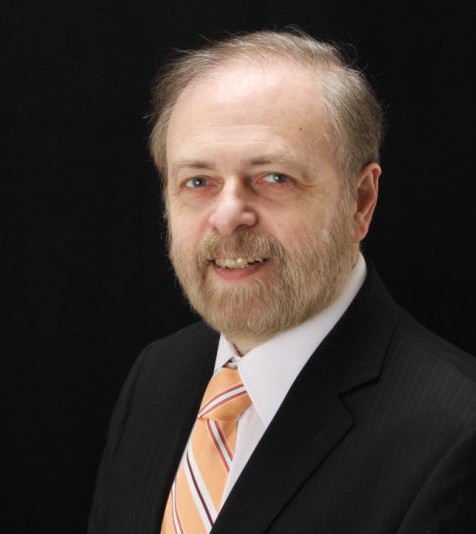By Lu Ann Franklin
Published by the The Times of Northwest Indiana – September 14, 2015
At sundown Sunday, the most sacred 10 days in Jewish spiritual life began as Rosh Hashanah ushered in the High Holy Days with traditions that date back thousands of years.
“Rosh Hashanah has deep significance in that it marks the beginning of a process of reflection and self-examination that culminates in Yom Kippur,” said Rabbi Mordechai Levin of Congregation Beth Israel in Munster.
The 10 days are referred to as Yamin Noraim, the Days of Awe, or Aseret Yemei Teshuvah, the Ten Days of Repentance, the rabbi said. Rosh Hashanah takes place on the first and second days of Tishrei, the first month of the Jewish calendar, and Yom Kippur is the 10th day. The Jewish calendar is based on a lunar cycle, and this is the Hebrew year 5776.
“The High Holy Days are our chance to start again, renew ourselves and renew our lives,” Levin said.
One highlight of the High Holy Days services is the blowing of the shofar, a ram’s horn trumpet, he said.
“The sounding of the shofar calls us to examine our lives,” Levin said. “(It says) ‘Awake, you sleepers, and ponder your deeds; remember your Creator; forsake your evil ways and return to God!’”
Time is an important part of Judaism, the rabbi said.
“Rabbi Abraham J. Heschel wrote a book titled, ‘The Sabbath’, in which he explored the importance of time in Judaism,” Levin said about the Polish-born rabbi considered one of the leading theologians of the 20th century.
“Heschel said that Judaism is a religion that aims to sanctify time. For some people, time is unvaried, homogenous. To them, every day is like every other day and every hour is like every other hour,” Levin explained.
However, no two days or hours are alike, Heschel wrote.
“Each hour is unique, and the only one given at that moment, exclusive and endlessly precious,” Levin said about Heschel’s message. “Time is life. Therefore, if we waste our time, we waste life.”
With that in mind, the High Holy Days present opportunities, Levin said. He offered some suggestions.
• “Let us find the time to be grateful for the daily blessings we are given. The blessing of life itself and the opportunity to enjoy our lives in the time we have.”
• “Let us resolve to tell the people we love that we love them, to reach out to those who need us, to make amends with those who have hurt us and whom we have hurt.”
• “Let us find the time to make a new Jewish beginning for ourselves and our families.” And
• “Let us resolve to study more the Hebrew Bible, to speak kindness and love, and to live a life permeated with Jewish values and teachings.”
 is the rabbi of Congregation Beth Israel in Munster, IN. He received his rabbinic ordination from the Latin American Rabbinical Seminary, and is a member of the Rabbinical Assembly. In 2010, he was awarded an Honorary Doctorate of Divinity from the Jewish Theological Seminary in New York City for his years of dedicated service to the Conservative movement and the Jewish community...
is the rabbi of Congregation Beth Israel in Munster, IN. He received his rabbinic ordination from the Latin American Rabbinical Seminary, and is a member of the Rabbinical Assembly. In 2010, he was awarded an Honorary Doctorate of Divinity from the Jewish Theological Seminary in New York City for his years of dedicated service to the Conservative movement and the Jewish community...